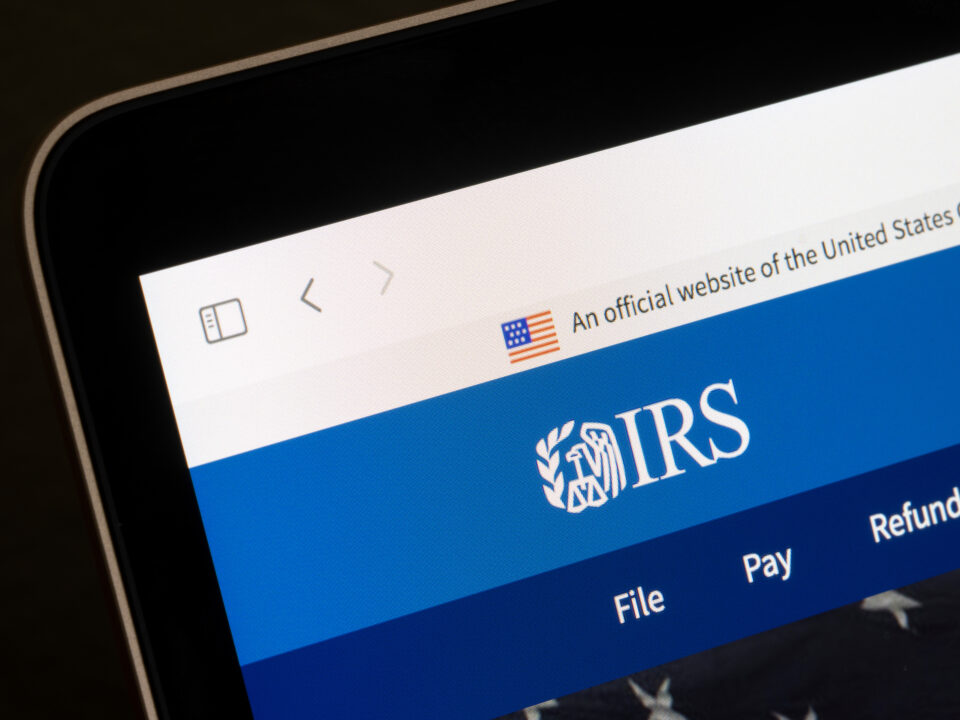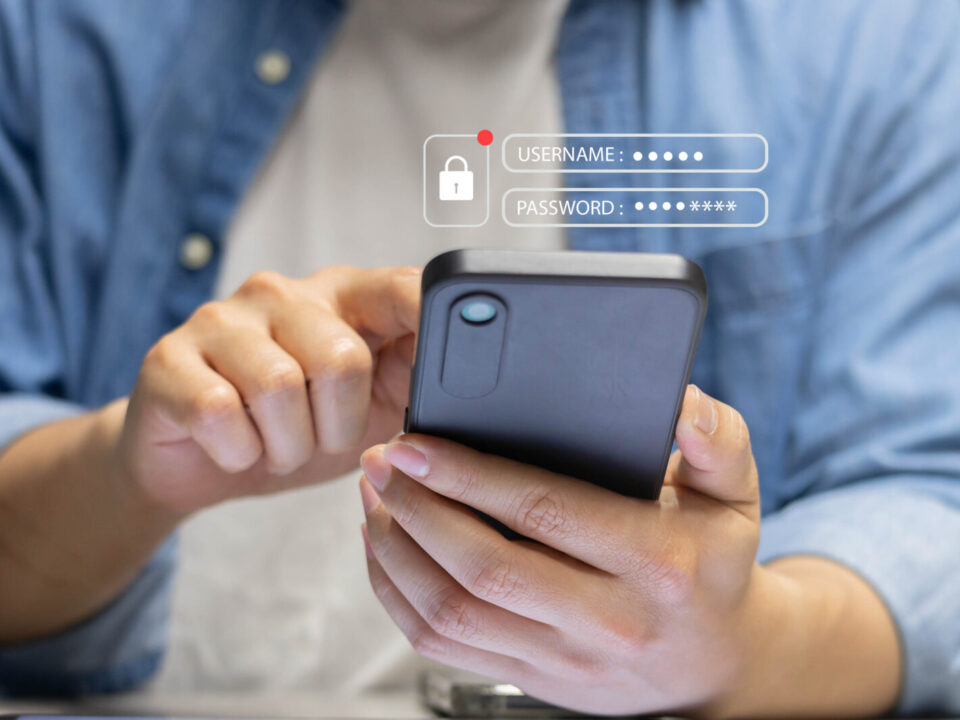The NFL will No Longer be a Tax-Exempt Organization
May 29, 2015
IRS Scams Continue
June 26, 2015by Kelly Erb
Many of you may know that the BBC has temporarily dropped “Top Gear” from the line-up after presenter Jeremy Clarkson had, according to the BBC, “a physical altercation accompanied by sustained and prolonged verbal abuse of an extreme nature” with a producer. That’s clearly not appropriate workplace behavior. Even worse? It wasn’t his first offense.
As a result of his behavior, Clarkson was handed a pink slip. The March 15 episode of the show was yanked and four other programs slated for air were suspended (those episodes may be aired eventually). And now, it seems that “Top Gear” as we know it, is over.
More than a million fans signed a petition calling for Clarkson’s reinstatement. And now, many of those fans are threatening to hit the BBC where it hurts: not paying for their TV license.
By law, in the UK, you must have a valid TV license if you watch or record television programs. You don’t even have to watch TV on a traditional television: the license is also required for programming watched on a laptop, PC, mobile phone, digital box, DVD/video recorder or a TV set.
The license is a whopping £145.50 ($217 US) each year for color (yes, apparently folks still buy black and white televisions) with concessions and exceptions for those 75 and over and those who are blind or severely sight impaired. While the license is intended to be per household, you may need a separate license for a second home.
And the TV licensing police are pretty serious about enforcement, advising that “[i]f we find evidence you’re watching TV illegally, you risk prosecution and a fine of up to £1,000.” The fine (about $1490 US) doesn’t include legal costs.
How can they tell? Oh, they can tell. There’s a national database, of course. There are enforcement officers who make inquiries and conduct surprise inspections where “[o]ur officers may visit the licensed place at any time to check that our records are correct and inspect TV equipment.” And don’t forget those special “detector vans” which “can detect the use of TV receiving equipment at specifically targeted addresses within minutes.”
So why is the TV license such a big deal? It pays the bills.
The BBC, originally called the British Broadcasting Company, was formed on October 18, 1922, to broadcast radio. To help pay for the service, a ten shilling broadcasting license fee was introduced. Five years later, the BBC changed its name to the British Broadcasting Corporation under its first Royal Charter which also defined the BBC’s objectives, powers and obligations.
Today, the BBC is broadcast without commercial advertising and is primarily funded in the UK by licensing In January 2006, the UK TV license was officially classified by the Office of National Statistics (ONS) as a tax. The word “tax” matters because who sets and controls tax — as well as the potential punishment for avoiding the tax — is established by the government or the functional equivalent of the government in the US and the UK. Not paying a tax tends to have a more negative connotation (and often, more serious consequences) than not paying a fee for a license. In this case, there’s a steep penalty as well: avoiding the TV license in the UK is technically tax evasion and a criminal offense.
With respect to “Top Gear,” it will be interesting to see what happens moving forward. If enough viewers make good on their threat by not paying for the license, there’s no question that something will have to give. And although changes are in the works for the BBC, it can’t afford too much of a bite into its domestic financing and the almost certainly negative PR from the great TV license-dodger hunt won’t necessarily be appealing either. Stay tuned…



